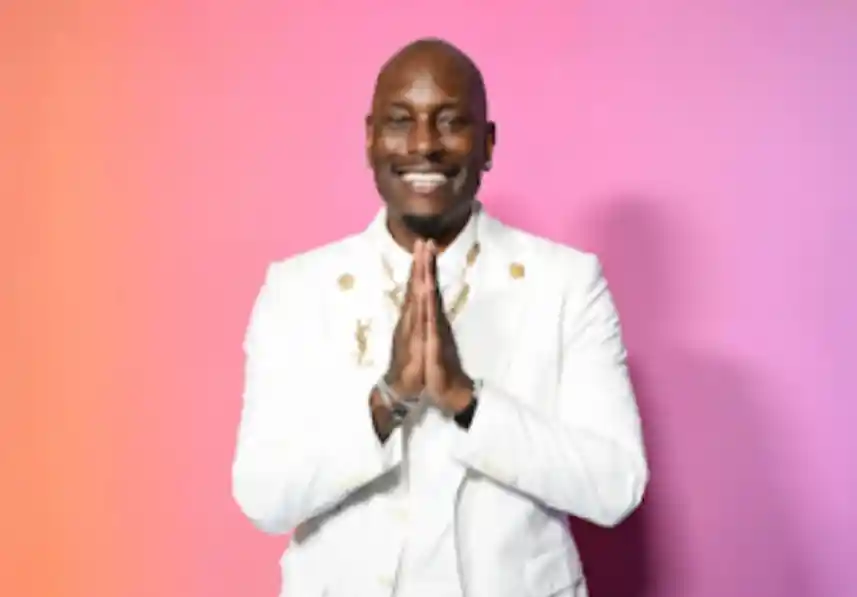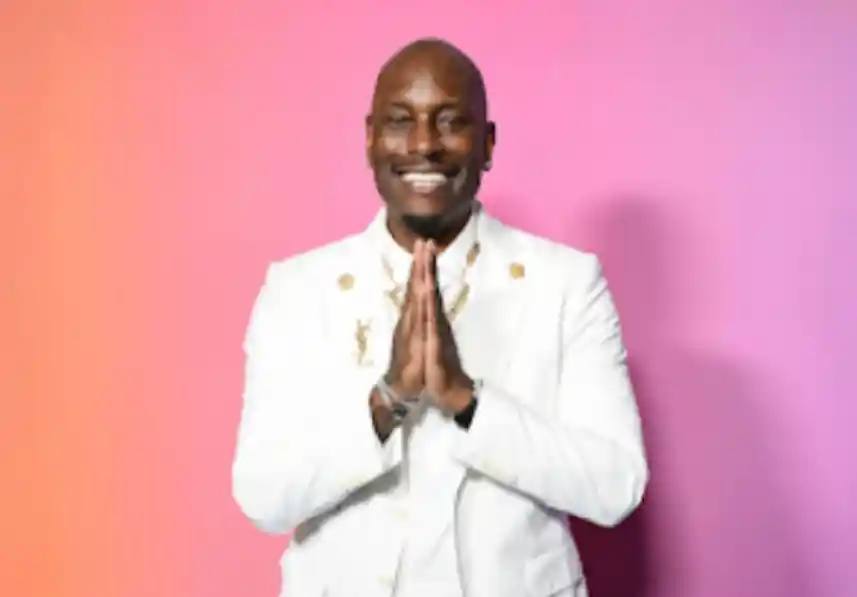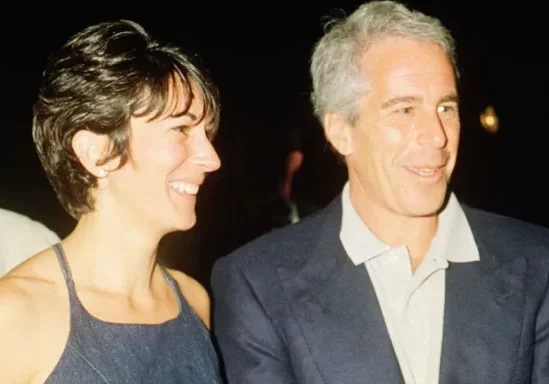Tyrese Warns of Good vs. Evil in Hollywood

SHARE
Tyrese didn’t walk into that interview looking to spark a cultural moment, but the energy shifted the moment he opened his mouth. What was supposed to be a simple promo run for his new film and album suddenly felt like a wake-up call. You could almost feel the weight in his voice as he spoke—not dramatic, not theatrical, just honest in that raw, from-the-gut way people listen to. Hollywood, he warned, is no longer shy about its darker leanings. The signs, the symbols, the imagery once tucked away in backrooms and basements? Now they’re front and center, lit up on massive screens and applauded on award show stages.

The room got still when he said it: “They’re trying to normalize the devil.” It wasn’t an exaggeration, not for him. He described it like someone watching a slow shift happen right in front of him—one performance after another showcasing things people once treated like taboo, now packaged as entertainment. He wasn’t angry for the sake of outrage. He was frustrated, almost heartbroken, that faith gets treated like a bedtime whisper while darkness gets the spotlight.
Tyrese’s point wasn’t just about Hollywood’s direction; it was about people staying silent. He talked about how many moments in life we survive quietly—those nights when things felt impossible, those problems we told no one about—and yet somehow we pulled through. “How did God get me through this?” he asked, almost to himself. His challenge wasn’t about preaching; it was about remembering. About being vocal again. About pulling faith out of the corner and placing it back at the center.

There was a rhythm to the way he spoke, like someone who had been holding this in for a long time. He wasn’t condemning creativity or artistry—he’s part of the industry, after all—but he was calling out the imbalance. The effort, as he put it, to “go above and beyond to promote the devil” felt intentional to him. And what used to be hidden, secret, or whispered about? Now it’s on your phone, streaming in real time. There was almost a sense of disbelief in his tone, like he couldn’t understand when the shift happened, only that it has.
What made his message hit was the sincerity behind it. There was no polished script, no publicist-approved phrasing—just a man talking about good and evil like it was real, present, and urgent. And instead of offering fear, he pushed for courage. He wanted people to stop letting their relationship with Jesus feel like a private footnote and start treating it like a source of strength. Something to stand on. Something to speak about.

Tyrese’s words landed differently. They carried the weight of someone who’s seen too much to stay quiet, someone who believes the battle between good and evil isn’t abstract—it’s active, unfolding in plain sight. And he wasn’t trying to lecture. He was trying to remind. That at a time when darkness feels louder, the light can’t afford to whisper.
His warning wasn’t rooted in fear—it was rooted in conviction. And in a space where spectacle often drowns out sincerity, his voice cut through, steady and unfiltered, urging everyone listening to look a little closer at the world around them… and to choose which side they’re standing on.
*All Photos Taken by Gilbert Flores
RELATED ARTICLES

‘Gift of Fortune’ Chinese New Year Stay Package

Pastors Speak as Darkness Comes to Light

James Van Der Beek’s Last Words: Worthy of God’s Love

Our Pledge to You: Optimal comfort, Convenience, and Flexibility








